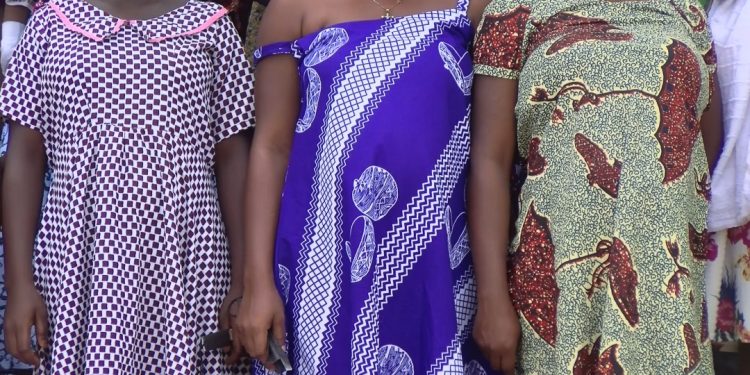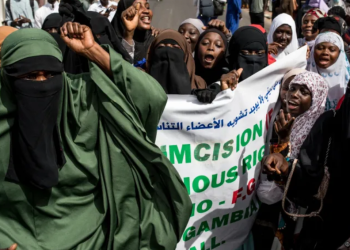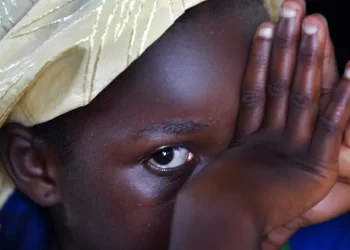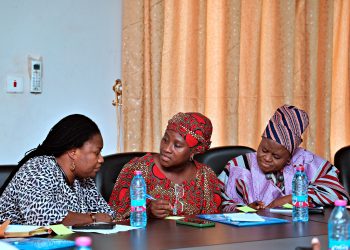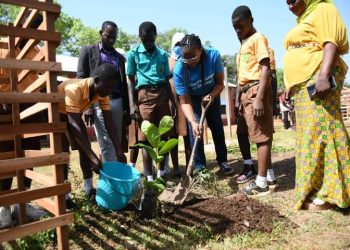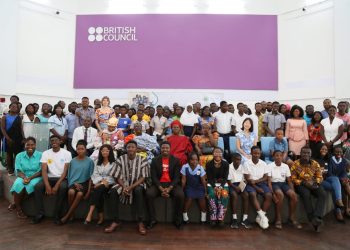One in three adolescents (36 per cent) are sexually active, a study commissioned by the United Nations Children Fund (UNICEF) in collaboration with the Ghana Health Service (GHS), has revealed.
The study, which was conducted in the Bono East Region also showed that 43 per cent of girls/young women had had sex as compared to 29 per cent of boys/young men.
It formed part of a project being implemented by GHS and UNICEF to address the sexual and reproductive health needs of young people in transition to adulthood, especially with regard to their access to and utilisation of adolescent services.
The findings of the study were disseminated to key stakeholders drawn from eight regions at a meeting held at Fumesua in the Ejisu Municipality as part of strategies to address challenges confronting adolescents in the country.
Dr Joshua Amo-Adjei, a Lecturer at the University of Cape Coast and Lead Researcher, said positive attitudes around schooling were significantly associated with being sexually active.
He said respondents who viewed school positively and expressed positive intentions of advancing in education were less likely to be sexually active.
Adolescents who reported limited access to services, according to him, were also at higher risk of sexual initiation.
Dr. Amo-Adjei further disclosed that more than half of sexually active respondents were coerced into first sex, adding that 13 per cent were forced physically.
“Adolescent childbearing was frequently mentioned as the most concerning health problem in all the participating communities. The other was lack of access to menstrual hygiene products,” he said at the meeting.
Dr Emmanuel Tinkorang, the Regional Director of Health Services, said adolescent sexual and reproductive health was an important health issue because it was one of the most difficult issues that could confront any health system in any country.
He said because adolescents were in transition, they were vulnerable to a lot of challenges which if not managed well could jeopardise their future.
He mentioned unwanted pregnancy, teenage pregnancy, HIV/AIDS, sexually transmitted diseases as well as exposure to social media as some of the challenges mostly confronting the adolescent.
The Regional Director entreated all stakeholders to step up their respective efforts in addressing adolescent and sexual reproductive health as a country.
Madam Charity Nikoi of the Social and Behaviour Change (SBC) Unit of UNICEF Ghana Office, said her outfit conducted research during the COVID-19 pandemic which revealed that the adolescents were not visiting health facilities not solely because of the pandemic, but also due to reproductive health issues.
“This study is to support the Ghana Health Service in having an evidence-based approach to whatever they are going to do for adolescents in terms of sexual reproductive health,” she noted.
She said the goal was to look at the social and institutional determinants of access to services and utilisation to ensure issues affecting the development of adolescents were tackled.






